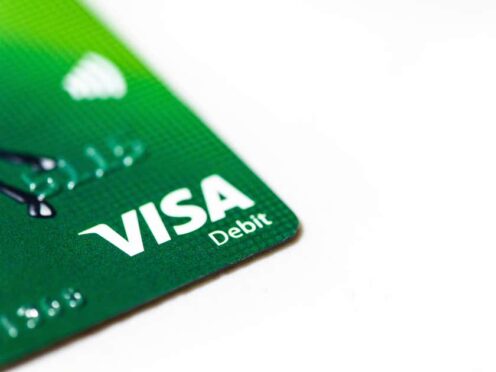Visa has snubbed its biggest rival by clinching a new deal with Lloyds Banking Group that will see some 10 million cards converted to the payments giant over the next two years.
Visa and Mastercard are the UK’s biggest payments firms, accounting for 95% of transactions on UK cards.
The companies announced that they had renewed and expanded an existing agreement for Visa to be the leading payments provider for Lloyds, which also includes brands Halifax, Bank of Scotland and MBNA.
Visa already provides payment cards for about 30 million Lloyds accounts as part of a partnership first agreed 40 years ago.
Many Lloyds customers currently have debit and credit cards powered by Mastercard.
But the refreshed deal means that about 10 million consumer and commercial credit cards will migrate to Visa by the end of 2026.
The two financial firms also teased the launch of new products for credit card customers to support their money management, with details set to be shared in the future.
The UK payments watchdog last month said Visa and Mastercard do not face enough competition in the payments market, and it was considering placing new rules on the two major players.
But the Payment Systems Regulator rowed back on prior suggestions that it could introduce a price cap to protect UK businesses from certain fees that are set by the providers.
